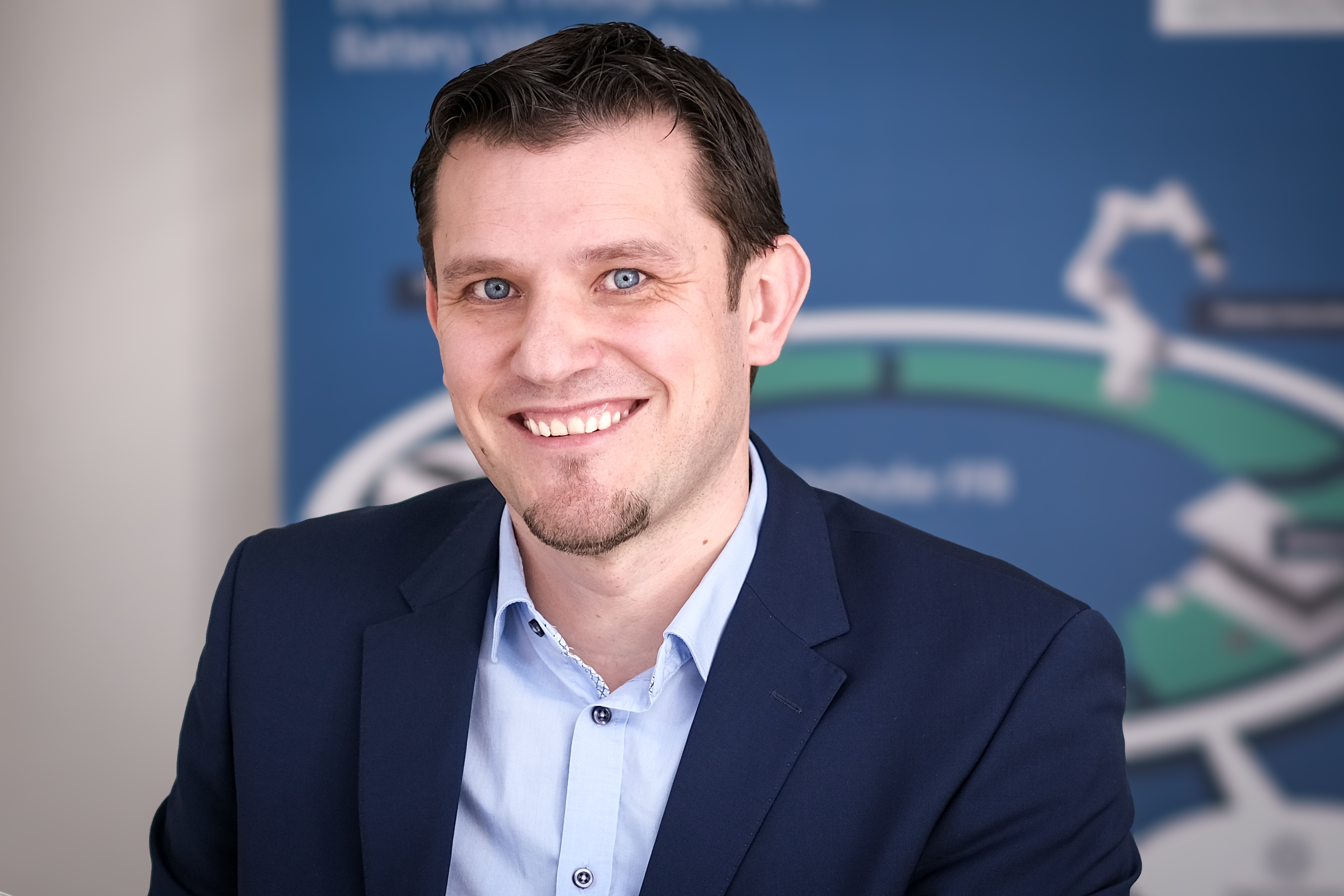
Prof. Dr. rer. nat. Simon Lux studied “Technical Chemistry/Chemical Engineering” at the Graz University of Technology from September 2002 to July 2008 and graduated with a Dipl.-Ing./Master of Science. After his master's degree, he completed a doctoral program at the MEET Battery Research Center at University of Münster from September 2008 to November 2011 and received his PhD on the topic “Towards greener batteries: Aqueous cathode processing, analysis of binder interactions and alternative electrolytes.” Following his doctorate, Simon Lux spent several years as a postdoctoral researcher at Lawrence Berkeley National Laboratory in California, USA, from November 2011 to August 2013. There he investigated, among other things, degradation phenomena on surfaces in lithium-ion cells and developed novel test methods for the rapid detection of failure mechanisms and capacity losses in electrochemical energy storage devices.